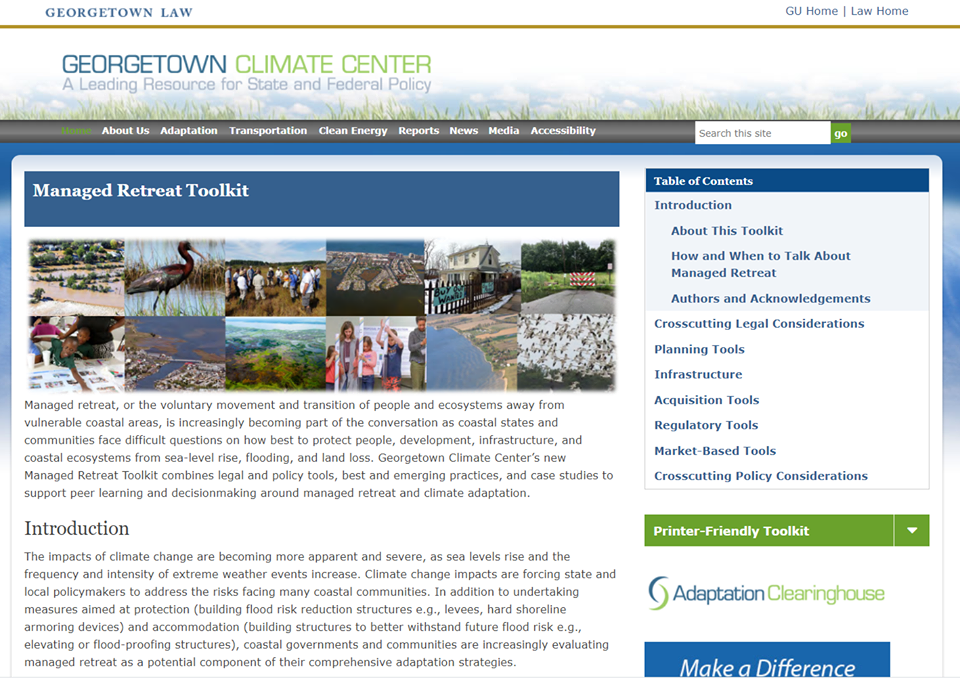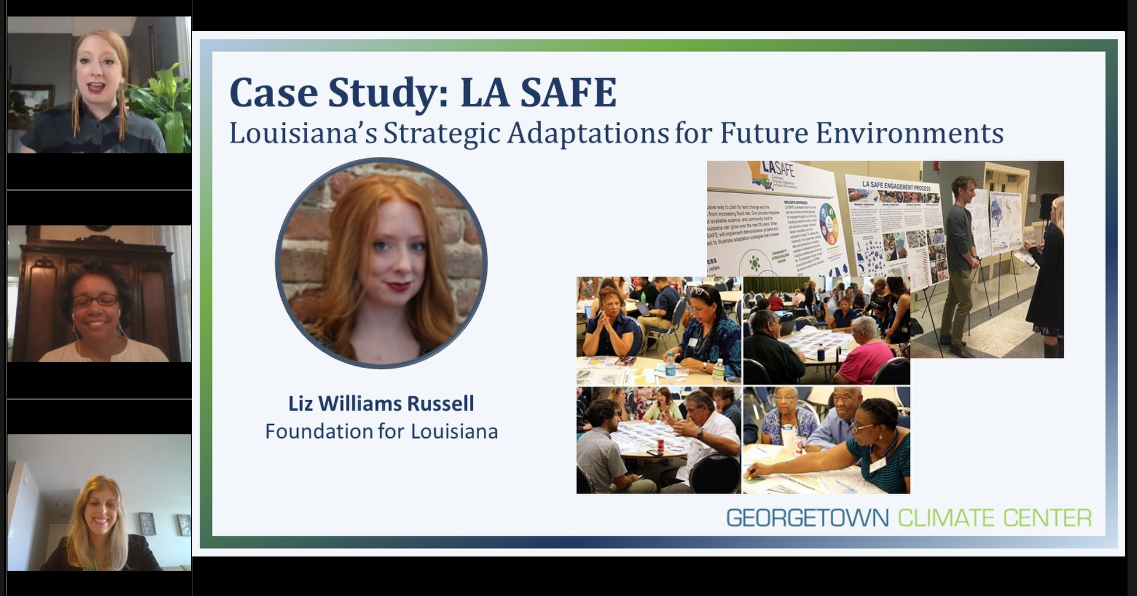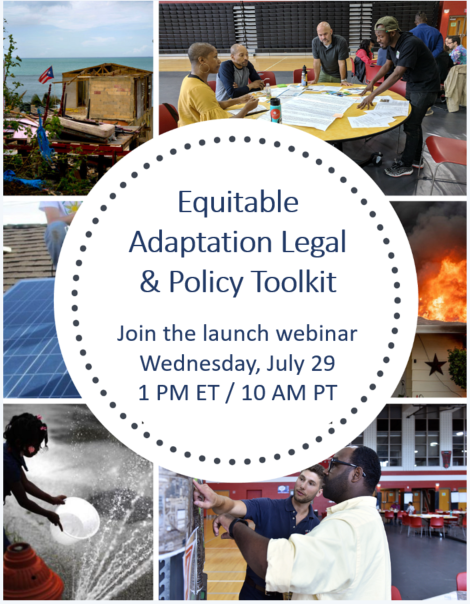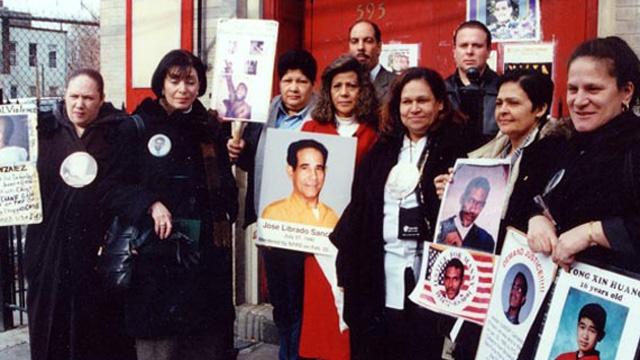|
||||||||||||||||||||||||||||||||||||||||||||||||||||||||
“The illiterate of the 21st century will not be those who cannot read and write,
but those who cannot learn, unlearn, and relearn.”
-Alvin Toffler
Friday, July 17, 2020
News & Updates from the Georgetown Climate Center. July 17, 2020
Counterfieit PPE Identification and dangerous hand sanitizers July 2020
The EMR-ISAC InfoGram for July 16, 2020 contains the following articles:
1. FDA adds to the list of dangerous hand sanitizers containing methanol
2. Risks of counterfeit PPE, how to identify them, how to report them
3. FEMA releases updated public assistance guidance
4. New industrial control system security 5-year strategy released
5. Cyber Threats
Cooked: Survival by Zip Code
Independent Lens
Cooked: Survival by Zip Code
Were the 739
deaths from Chicago's 1995 heatwave a one-time tragedy or appalling trend?
Racism in America POV: Every Mother's Son
Three mothers
find themselves united to transform their grief into profound social change.
Explore this and more stories in our Racism in America playlist, which examines
the racial disparities in education, the economy, health care and the criminal
justice system.
Subscribe to:
Comments (Atom)
Popular Posts
-
https://www.differencebetween.com/difference-between-anthropocentrism-biocentrism-and-ecocentrism/ Difference Between Anthropocentrism Bi...
-
https://bawza.com/2013/12/12/early-ethiopians-in-america/ History Early Ethiopians in America By Bawza Staff ...
-
http://www.nytimes.com/2000/08/08/science/how-culture-molds-habits-of-thought.html?pagewanted=all&src=pm How Culture Molds Habits...









